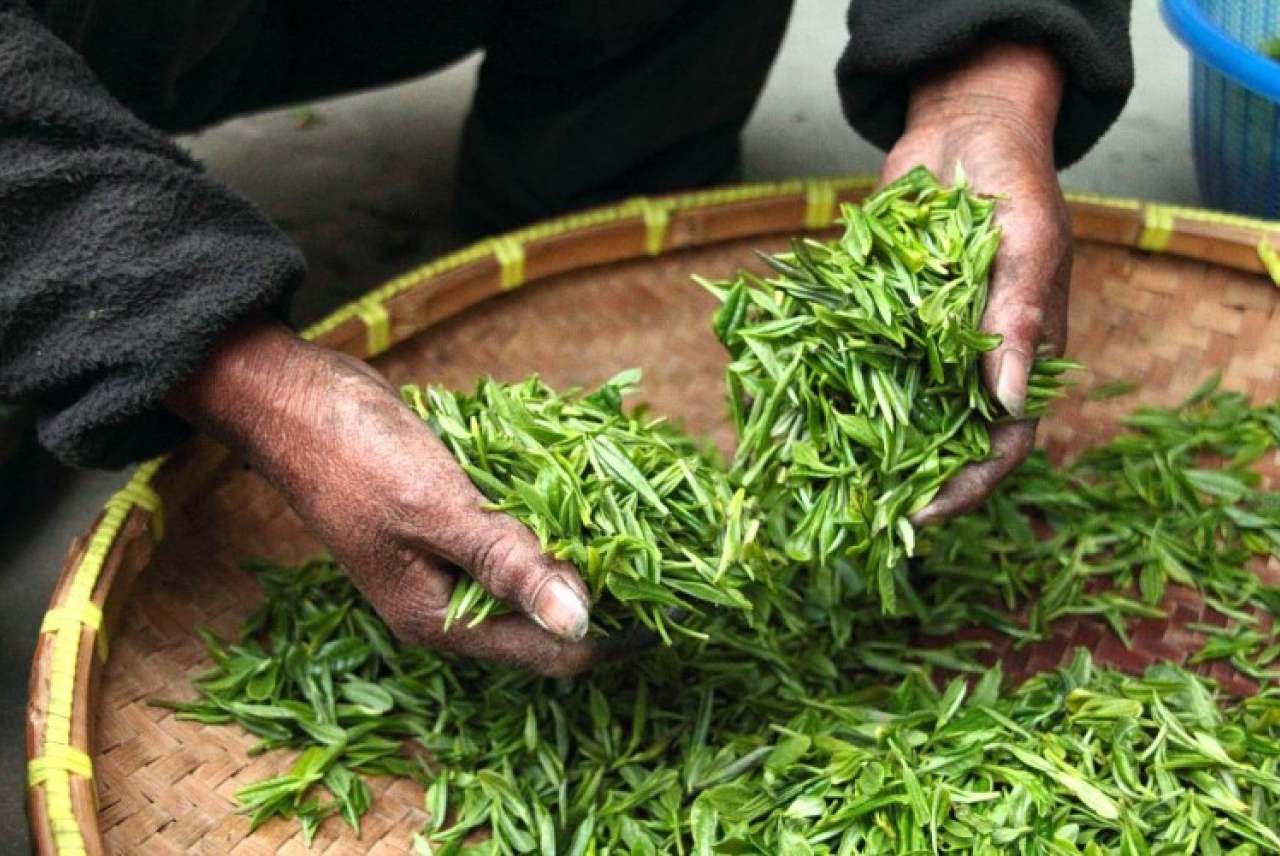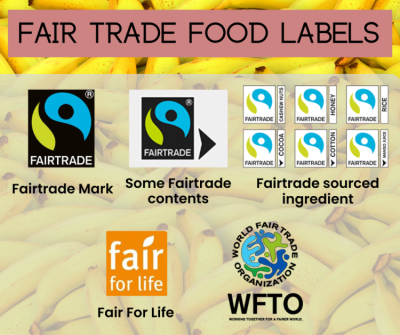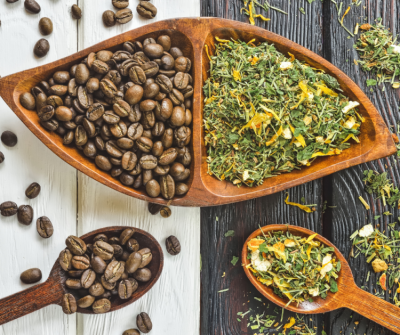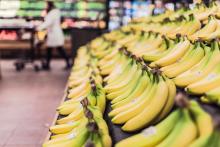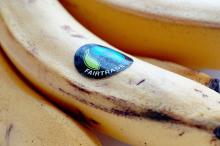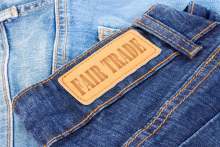Fair for Life
Fair for Life was launched in Switzerland in 2006. Unlike Fairtrade International, it certifies the whole company group rather than single brands, and has been praised for its comprehensive social and environmental requirements.
It also certifies producers and manufacturers in developed countries, which Fairtrade does not. And it is very transparent, publishing a summary of all of its assessments on its website.
However, unlike FI it doesn’t have fixed prices. Instead, a premium and minimum price are negotiated between buyer and seller. It says that the premium is typically 10% on top of the market price.
World Fair Trade Organization
Fairtrade International only provides certification for certain ingredients (such as bananas and cocoa), meaning that only certain products can get the certification.
Some brands have found their own solutions to this, by setting their own standards. Unfortunately these can’t always be trusted (as discussed below).
The World Fair Trade Organization (WFTO) says that it uses “peer-reviews and independent audits” to verify brands claiming to be fair trade. It checks whether their practices comply with the 10 Fair Trade Principles and the International Labour Organisation's conventions – basic workers’ right criteria.
Some of these criteria are mandatory in order for companies to join the WFTO. Others are used to indicate ‘continuous improvement’ by the company over time – necessary to stay with the group. Companies that join can use the "Guaranteed Fair Trade" mark.
Own-brand labels
In recent years, there has been a rise in companies creating their own fair trade standards instead of Fairtrade International’s certification.
Sainsbury’s used to be the world’s largest retailer of Fairtrade certified products until 2017, when it decided to switch many of its products to its own ‘Fairly Traded’ scheme. Starbucks has its own, in-house coffee label, called C.A.F.E. Practices (Coffee And Farmer Equity Practices). Mondelēz (Cadbury) runs its own ‘Cocoa Life’, Nestlé runs ‘Cocoa Plan’, Hotel Chocolat runs ‘Engaged Ethics’, Mars runs ‘Cocoa for Generations’, and Lindt & Sprüngli run the ‘Farming Program’.
Fairtrade International highlighted the key issue with own-brand labels:
“Fairtrade is a fully independent and transparent system supported by the third party organisation” while “Sainsbury’s Sustainability Standards are established by Sainsbury’s, which means that Sainsbury’s will in future carry responsibility for their implementation, review and performance”.
In short, the brand itself becomes responsible for deciding what ‘fair trade’ means, whether it should be more aligned with workers’ rights or its corporate interests, and how it should be enforced.
Own-brand schemes will likely have a less independent third-party enforcement mechanism than established certifying bodies.
